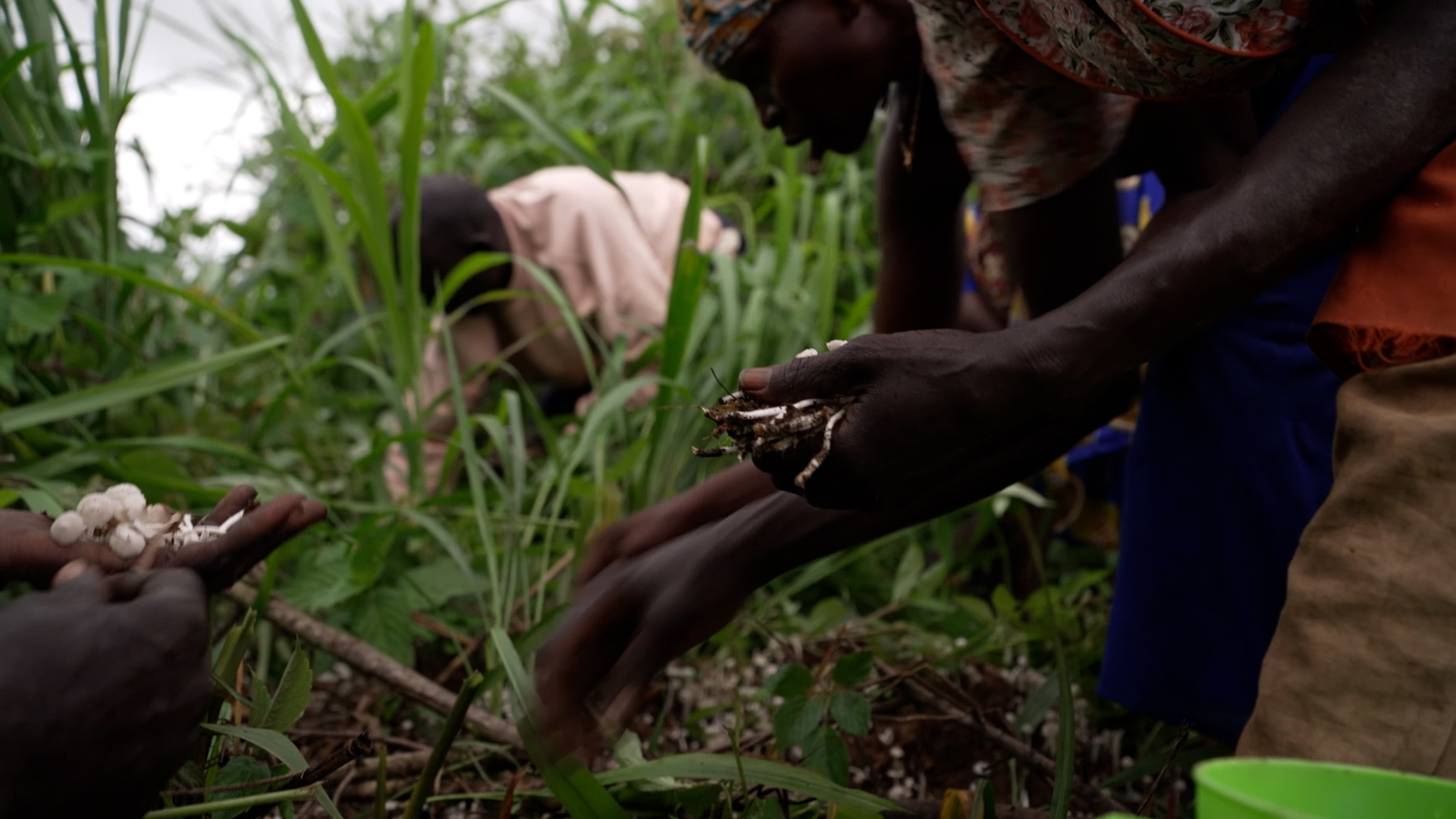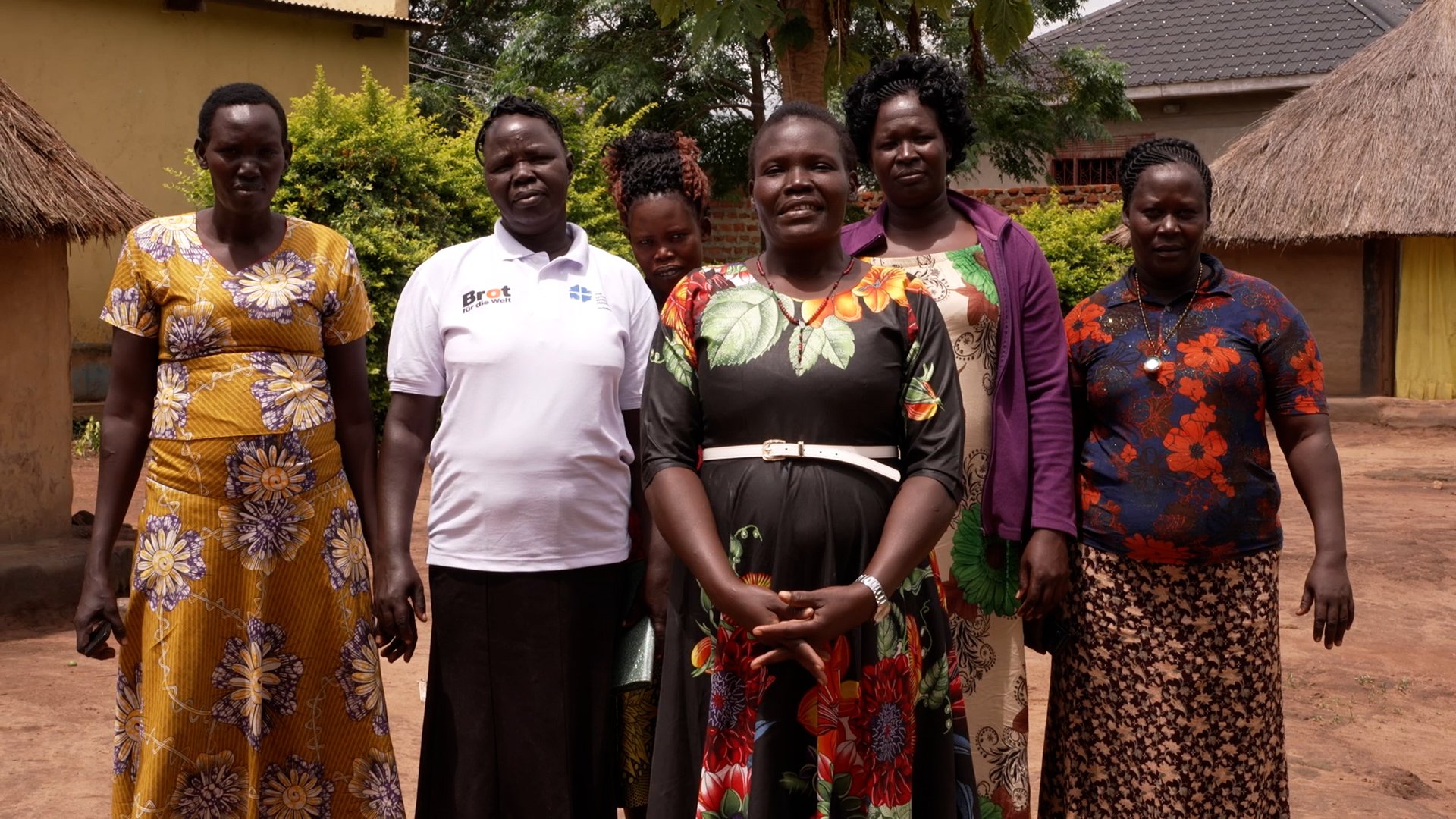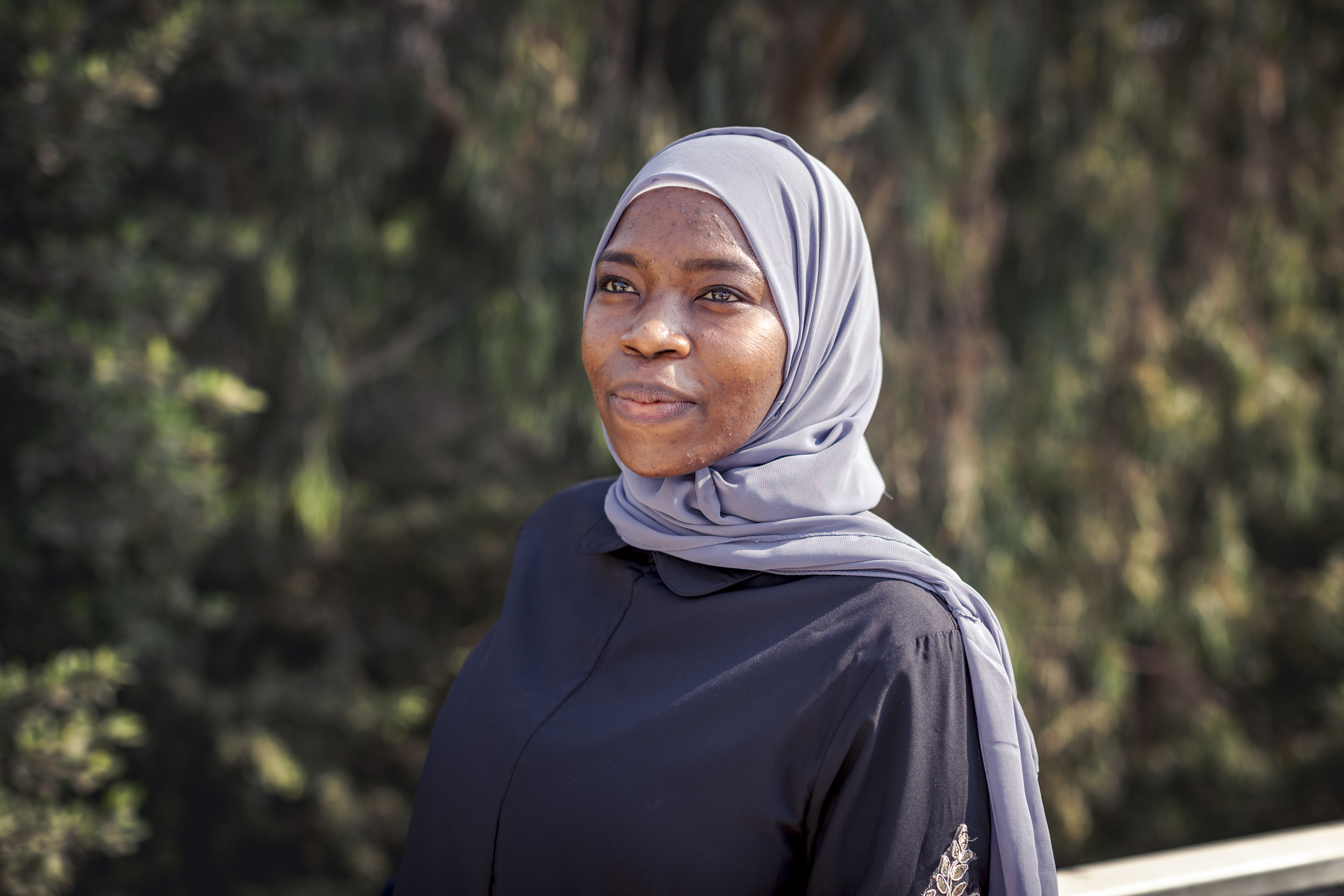In Burundi, repatriated schoolchildren easily adjust to their new school
In Burundi, repatriated schoolchildren easily adjust to their new school

RUYIGI, Burundi, Jan 31 (UNHCR) - Most of the children who come back to Burundi after spending years attending classes in refugee camps in Tanzania know no other school. But policies enacted by their government mean that those returning do not feel out of place in Burundian schools.
For the first time in his life, 15-year-old Innocent Niragira, is going to school in his native country. After spending 12 years in exile in Tanzania, he came back just in time to enrol at primary school in Gasanda, a village less than a kilometre away from Ruyigi in eastern Burundi. In 2005 the province of Ruyigi received more than 20 percent of refugees returning from Tanzania, nearly 14,000 people.
Innocent is now in sixth grade, continuing the study programme he began in the refugee camp school where he lived with his elder brother. His parents were killed during the inter-ethnic strife that devastated Burundi in 1993, causing hundreds of thousands of people to flee.
"To enrol in my new school, I simply produced the report for my last year in Tanzania, which was good, and a certificate delivered to me by my former school," said Innocent. Reintegration of repatriated schoolchildren into the school system of their country of origin has been made much easier by the decision in 2000 to harmonise classes given at primary and secondary level both in camps for Burundian refugees in Tanzania and in Burundian schools.
As a result, schoolchildren on both sides of the border sit the same final exams at the end of the school year. In 2004, nearly one thousand of the 1,920 pupils sitting the national competitive examination in Tanzanian refugee camps passed it successfully.
Now that he is back home, Innocent continues to receive free education, just like in the camp: last September, the Burundian government decided that primary education would be free. This measure has proved so popular that some children were unable to enrol, not for financial reasons, but due to a shortage of classrooms and benches to sit on.
So that as many children as possible can benefit from free education, UNHCR has decided to provide local authorities with six schools built with the help of partner organisations. The school Innocent attends has been named Sadako, as a tribute to former United Nations High Commissioner for Refugees, Sadako Ogata, who in 2000 laid down the first brick for a school that UNHCR was building.
Innocent loves his new school and has no trouble following lessons there. "There's such a friendly atmosphere that I don't like to part from my classmates", the young boy declares. Mutual help between pupils is common practise, as Innocent explains. "If I have a problem understanding something in French," he says, "my classmates help me and I help them with math."
The primary school Innocent attends has more than 680 pupils, including some 30 returnees. Seven of those are preparing to sit the national competitive examination at the end of the year. Pupils have formed study groups and come back every afternoon to prepare for the national exam together. Passing this exam is a prerequisite for going on to secondary education.
Another benefit of these arrangements is that repatriated pupils become rapidly integrated into their new social and educational environment. "We noticed that repatriated pupils are as successful as their classmates who never left the country. Their achievements are as good and they have no particular difficulty with the syllabus, including French classes," points out Venant Bikinamuci, Innocent's teacher.
Secondary school pupils have also set up intensive study groups. Henriette Nyandwi, aged 16, went back alone in August 2005 so she wouldn't miss the beginning of the school year. The rest of her family are still living in a camp in Tanzania. She is now in 8th grade at the Notre Dame de la Joie Secondary School in Ruyigi and wants to become a doctor. She remembers that throughout the 10 years she spent outside her own country, not a single month passed without her suffering from malaria.
"The disease weakened me so much that I decided to become a doctor to help fight this scourge," she says. She spares no effort to achieve this aim and unfailingly turns up for the afternoon remedial courses organised by the pupils themselves.
With the support of donors, UNHCR and its partners are backing the government's efforts in education, in particular with the construction of schools in main areas of return in Burundi. Forty-four schools are now almost finished, and they are much needed. In the province of Ruyigi alone, more than 3,500 pupils have started school in 2005.
Since 2002, a total of more than 290,000 Burundian refugees have returned to Burundi, mainly to the provinces that border Tanzania. Over 400,000 refugees from Burundi still live in Tanzania today. More than half of them fled their country in the wake of the 1993 crisis.
By Didier Bukuru in Ruyigi, Burundi








